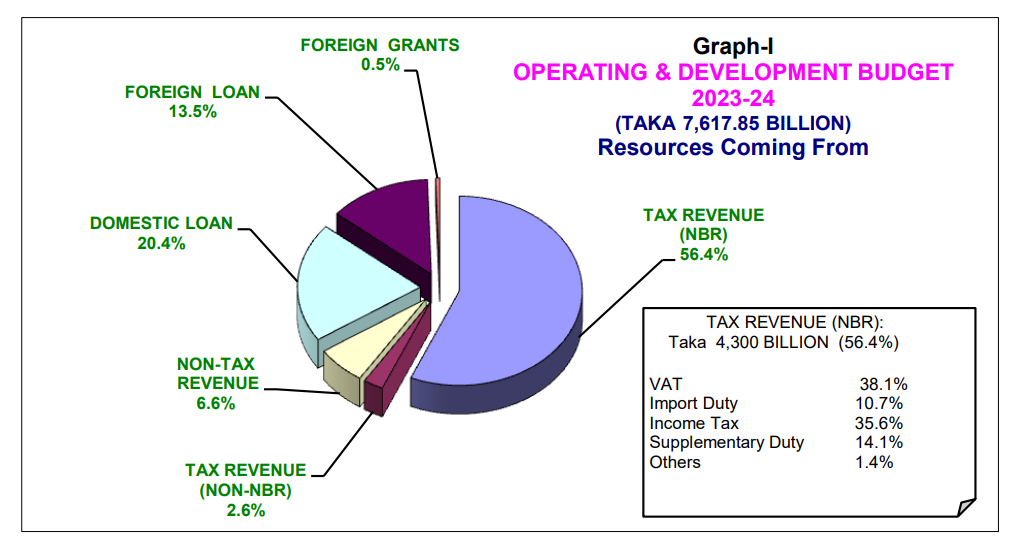by Faizul Karim //
At our start-up, we have been deeply concerned with the loss of valuable knowledge and experiences in the development sector. Having collectively worked for several international organizations, we noticed that a significant amount of data and information is lost once a project is completed. According to our internal research, approximately 60% of research and intervention documents, including lessons learned and program knowledge, end up inaccessible after project closure due to the high costs and limited storage capacity.
With this in mind, we came together and envisioned a solution that could revolutionize how development sector knowledge is preserved and shared. Through our start-up, we aim to address the issue of data loss and reduce unnecessary costs and resource duplication in future projects. Based on our projections, by storing this information digitally, we estimate that we can save up to 30% in overall project costs and reduce overlapping efforts by 40%.
Our vision is to transform this information into actionable knowledge, making it accessible not only to our partners but also to a wider audience. By creating a blog to publish this knowledge, we expect to reach over 100,000 readers annually. Furthermore, leveraging the power of social media and mainstream media, we anticipate an additional 30,000 engagements per month, ensuring the dissemination of valuable insights across different communities.
Looking at the developmental landscape in Bangladesh, we observe that it is currently experiencing remarkable growth. However, our analysis reveals that despite the positive aspects, there are disparities between regions and different segments of the population. As our team has significant expertise in the sector, we are confident that our knowledge-sharing platform can bridge these gaps. By enabling different organizations to collaborate and access shared information, we project a 15% increase in the alignment of developmental efforts across various sectors.
Furthermore, our data-driven approach will contribute to a more environmentally friendly and cost-effective developmental philosophy. According to studies we have reviewed, this can lead to a 20% reduction in ecological footprint and resource consumption, fostering a more sustainable future.
In conclusion, our start-up is on a mission to preserve and share knowledge in the development sector, and we firmly believe that our data-driven strategies can bring about positive change. By leveraging the power of technology and collaboration, we are confident in our ability to make a significant impact in the field of international development, benefiting not only the people of Bangladesh but also contributing to a more sustainable and equitable global development landscape. Together, we can create a brighter future for all.
